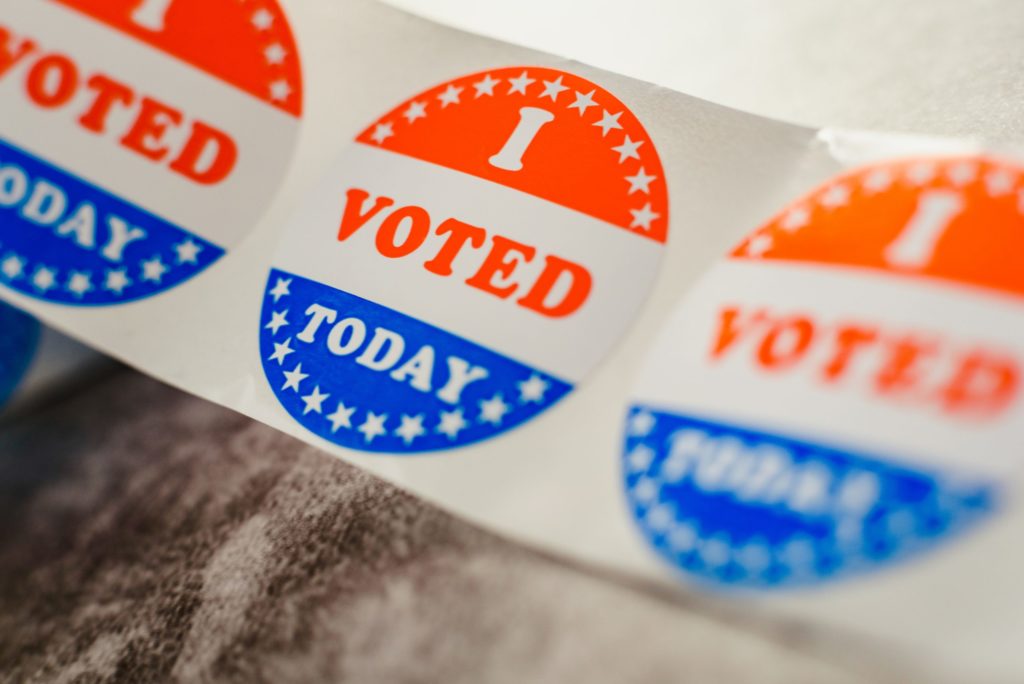It’s Not Anti-Law-And-Order To Back Prosecutorial Reform
The answer is surely not that prosecutors are unable to advance new criminal justice priorities. While the political right is largely asleep on the potential of prosecutors, the left awoke to it a few years ago and embraced a vision of “progressive prosecutors.” Since then, a growing number of progressives have been elected in urban centers and other liberal enclaves on promises to reduce mass incarceration and eliminate racial and ethnic disparities. Many have made remarkable strides, and their successes ought to be celebrated.
But “progressive” is hardly synonymous with fair, just, or effective prosecution. Plenty of prosecutors interested in all of those things have no desire whatsoever to wear the “progressive” label or see the world through that lens. This is what makes the lack of prosecutorial reform on the right so glaring.
Part of the problem may well be the quintessential conservative belief that Policy with a capital “P” is exclusively for the legislature to decide. In this view, prosecutors are little more than administrators and should not attempt to alter in any way the broader course of the justice system. The law is the law; prosecutors are there simply to enforce it.
Except that’s not how things actually work. The legislature cannot possibly outline which cases to prioritize, which charges to file, or which plea bargains to offer—only a prosecutor can do that. Prosecutorial discretion and the Policy it sets are inevitable. And the system, frankly, is better for it, because discretion leads to more local control, with each prosecutor asserting the needs and preferences of their town or city.
So perhaps the responsibility for prosecutorial reform’s failure to launch on the right lies with the natural inclination of most conservatives to support members of law enforcement. They recognize that the great majority of prosecutors are hardworking, justice-minded individuals, and that the word “reform” implies there is a problem that needs fixing.
But if that’s the case, it misconstrues the nature of prosecutorial reform and does no service to the prosecutors they are aiming to support. It is possible to be pro-prosecutor and pro-reform; indeed, the best reforms are those that will improve the lot of prosecutors and those with whom they interact. For example, prosecutorial annual caseloads can reach over a thousand cases in some places. Rallying behind reforms like charging policies that can lower these staggering numbers is very much a defense of, not an assault on, prosecutors.
Whatever the reason for their reticence, conservatives stand only to benefit by seizing the mantle of prosecutorial reform. A prosecutor willing to reimagine the status quo can simultaneously advance the four priorities that have guided conservative criminal justice reform: improved public safety, greater fiscal responsibility, stronger due process protections, and respect for life and the value of family. In many instances, they may be able to do a better job than the legislatures upon which conservatives have thus far concentrated their efforts.
After all, while legislators can write all the criminal laws they want, it is up to prosecutors to determine how they are actually going to play out in practice. It is possible, for instance, to try to rein in the size of the justice system legislatively by scaling back the criminal code or sentencing ranges. Yet doing so would require dozens or even hundreds of legislators working in concert on multiple bills. Possible, sure. Simple or straightforward? Hardly.
Consider, on the other hand, what a single elected prosecutor can do for a jurisdiction. Charging and plea-bargaining alone mean that prosecutors effectively determine who enters the system and how roughly 95 percent will exit it. With a stroke of her pen, a single district attorney can sign a new policy that immediately reshapes the flow of criminal cases. At the end of the day, the legislature may wield greater power, but it is hard to compete with a prosecutor’s precision and speed.
Just look at the justice system transformation that has taken place under new district attorneys in Boston and San Francisco. In Boston, prosecutors now presumptively divert or dismiss fifteen low-level misdemeanors, allowing prosecutors to focus on more serious offenses, while in San Francisco they unilaterally ended the use of cash bail so that pretrial release decisions reflect risk rather than wealth. In both instances, these changes affected more people than reside in either North Dakota, Alaska, Vermont, or Wyoming. This is the force for change that conservatives have been neglecting.
All this speaks to why prosecutorial reform should be placed squarely at the forefront of the conservative criminal justice agenda. If not the old tough-on-crime status quo or the new progressive prosecutor movement, what should conservatives expect from a prosecutor?
To be, in a word, productive. Rather than promoting mere illusions of success like conviction rates or sentence lengths, conservatives should consider the actual outcomes that prosecutorial decisions produce. Do they increase safety, aid defendant rehabilitation, and help keep families whole? In short, are prosecutors doing everything in their power to improve community wellbeing?
The rewards for embracing and advocating on behalf of a new vision of prosecution could prove great. Polling suggests that voters of all stripes are eager for the types of reforms that prosecutors could help deliver on issues ranging from pretrial detention to sentencing outcomes. Early successes by Republican chief prosecutors like Melissa Nelson in Florida and David Leavitt in Utah show that a renewed conservative commitment to being smarter and more evenhanded than one’s predecessor can be a winning strategy.
The history of the criminal justice reform movement shows that when conservatives prioritize an issue, they are able to achieve remarkable success. This track record makes their general neglect of prosecutorial offices both perplexing and galling. If conservatives truly want to reshape the justice system, then it is long past time for them to put the invisible hand of the prosecutor to use.





